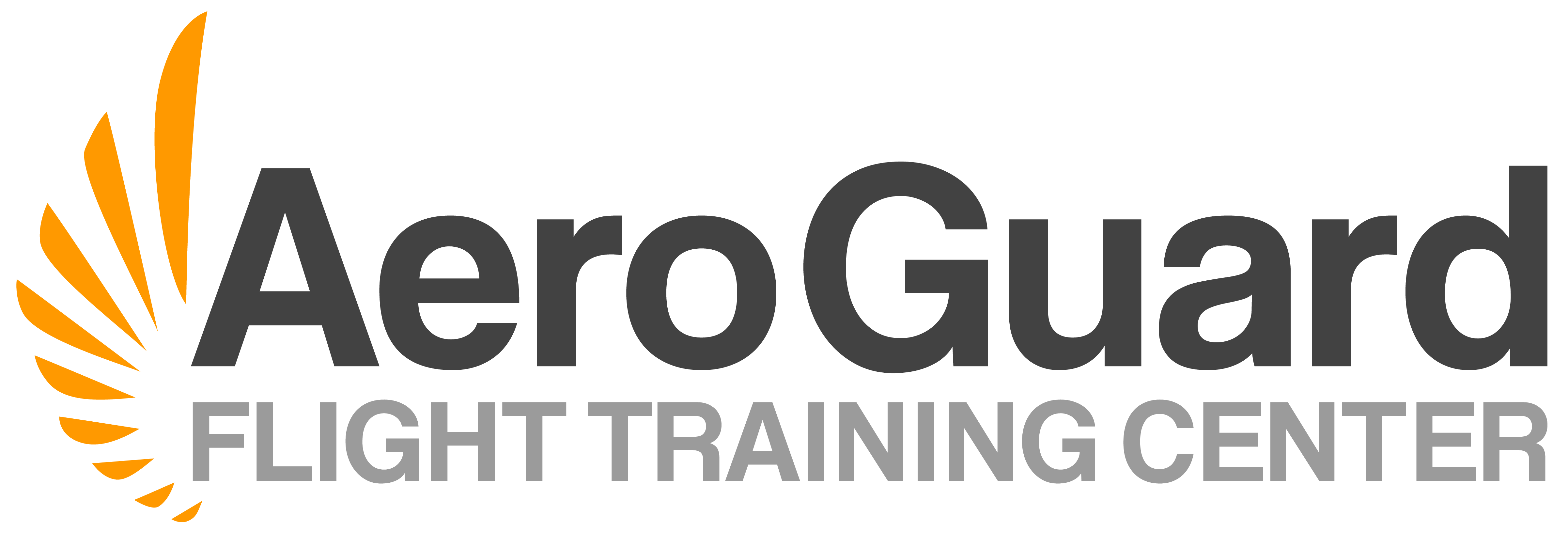Changing Careers to Become a Pilot: Things to Consider
Picture this: You finally landed your first professional job – congrats! As you’ve gotten comfortable in your role, however, you’ve grown tired of your daily tasks, realizing it’s not what you were expecting or wanting. Curious as to what else is out there, you’re on the job hunt, only to come across listings for similar positions you know you won’t love.
Whether or not you went to college and realize now you don’t like the career you studied, or don’t want to use the degree at all, or skipped college and went straight into the workforce, the outcome is the same. You’re interested in a new career, but don’t fret. Many people have desired to embark on a new career path and have been successful. Good news is you can too! If you’re looking to travel, meet people and earn big, the pilot journey may be right for you. Let’s take a look at some things to consider when making a career change.
1. Age: Am I Too Old to Become a Pilot?
Let’s just get this one out of the way. This is the most common question/concern we hear from people. I’m too old. Unless you’re bordering the age of 65, no you’re not so get that thought out of your head. The only number you need to be concerned about when it comes to being a pilot is 65. That is the mandatory retirement age for commercial pilots. So as far as we’re concerned, you’re never too old to become a pilot unless you’re at or very near retirement age. There have been many students in their 30s, 40s, and even 50s who have trained at AeroGuard and made the transition to the airlines to finish out their career as a pilot until retirement.
2. What do I want?
Rather than worrying about your age or anything else for that matter, the first thing you should be asking yourself is what do I want? When considering a career change, really dig into an assessment of yourself. What are your values? How do you like to work? What do you want from your career? We know you’ve heard the phrase, find what you love to do, and you’ll never work a day in your life. So, find that answer for yourself. What would you be compelled to do even if you never got paid? Most of our students who have become successful pilots just absolutely love to fly and are compelled to do so. Getting paid for it is just a bonus.
3. Is Becoming a Pilot a Good Fit for Me?
Let’s say you completed your self-reflection in step 2 and you think becoming a pilot is really what you want. The next question you want to ask yourself is, is this career a good fit? Do your homework. This is a life changing event and shouldn’t be taken lightly. We all know becoming a pilot has its perks and if you only look at those, you’ll say yes, I definitely want this. Great pay, free flight benefits, you love to travel, it’s checking off all your boxes but there’s more to being a pilot than that. Really do your research on the work-life balance you can expect at the different levels of your pilot career and make sure you’re comfortable with that. Understand the training involved to acquire the skills you need. You could even take an aptitude test to understand your strengths and weaknesses. More than just technical pilot skills, you need drive, motivation, to be able to work as a team player, attention to detail. If being an airline pilot is your goal, you will have the responsibility of getting hundreds of people to their destination safely on a daily basis. Make sure you’re up for the level of responsibility and trust from others it takes to become a pilot.
4. Am I Willing to go Back to School?
Changing careers often times means learning new skills as well and becoming a pilot is no different. In order to become a pilot, you obviously need the necessary skills, knowledge, and training to become one. The only way to attain these skills involves going back to school. That doesn’t necessarily mean back to college and getting a degree, this just means going to flight school. There are many different types of flight schools out there so it’s important to research your options and decide which route will be best for you. Be sure to consider not only how your new training schedule will fit into your current, everyday life and what you may or may not need to change, but also think about the time table it will require you to be able to finish training and ultimately get to your end goal career. What’s more important to you, training flexibility or getting to your career as quickly as possible?
5. Can I Afford to Make this Change?
Now there are two different costs associated with making this change that you need to look at. The first is of course the cost of training. Most loan providers will allow you to defer your payments for up to 6 months after graduating making it easier to manage payments. The other piece of this is your current salary. If you are starting over to a new career, chances are your salary will be lower than what you’re currently making and that goes for any industry because you don’t have the necessary experience yet to get the higher salary. Good news is, this is temporary until you become more experienced. The question you need to answer is, are you willing to make sacrifices and live with a lower salary for the short term in order to reap the rewards of being a professional pilot in the long run. If you’re willing to do that, the return on investment of a pilot salary could be far greater than if you hadn’t.
6. Is this the Right Time to Change Careers to Become a Pilot?
Well the good news here is, it’s almost always the right time to become a pilot. The aviation industry is a crucial piece to America’s economy and for the aviation industry to grow, they need pilots. There is a large pilot shortage that is estimated to require over 700,000 pilots through the years 2019-2039. Considering it can take anywhere from 2-5 years to become an airline pilot depending on your type of flight school, the time to start is now.
7. Am I Willing to Relocate?
This is a big change people often forget to consider when looking at a career change and it’s especially important to consider this when looking to become a pilot. First, you may have to relocate for your initial training and attending flight school. Especially if your goal is to finish training and start your new career quickly, you’ll want to attend a flight school location that has optimal weather year-round, so your training isn’t being delayed. Second, you may need to relocate when you first start your career as well as throughout your career. For instance, airline pilots are based out of home airport locations called ‘domiciles’. The domicile assignment is also based on pilot seniority within the airline. When you’re first starting out, you won’t get the most desirable domicile since you won’t have any seniority yet, but you’ll be able to change and upgrade your domicile as you gain experience and seniority with your airline. Many pilots do live outside their domicile and will commute to work using their flight benefits, but they still require a move or two throughout their career.
8. Have Others, Like Me, Made This Change and Are Happy?
Finally, the last thing we think should be considered is whether or not others have made the same change you’re looking to make and have been happy with the outcome. Maybe you can find others through social media groups and ask them how they did it. Ask others what made them make the change and are they glad that they did. Almost always you’ll hear that yes, they were so glad that they did and will encourage you to do the same.
AeroGuard Training Manager and Pilot Pathway Program Graduate, Alex Johnson, had moved to Los Angeles and pursued a career in hospitality. After three years he decided it wasn’t for him and moved into being a flight attendant. Johnson said “It was during my job there; being part of a crew, watching the pilots do their thing, sitting in the flight deck occasionally, going on walk-arounds with pilots and doing research on my own, etc. that put the gears going in my mind about being a pilot. Looking back, it is amazing to think that in just the four years since I made that whim decision to be a flight attendant, my life has changed so much – from FA, to pilot-in-training, to CFI, to training manager of a flight school. It has been an amazing journey, and my time with AeroGuard has made it all possible.
AeroGuard Flight Instructor and Pilot Pathway Program Graduate, Shiloh Percy, always loved aviation at a young age but found herself getting a bachelor’s degree in psychology and working her way towards law school until on a flight home one day she found herself having a conversation with a professional pilot. “It was during this conversation that I knew I had to go back to my first love: flying,” said Percy. “I got hired at SkyWest and was able to finish my degree while waiting to be eligible for a leave of absence. I learned all about the Cadet/Pathway Program and found that SkyWest seemed to have the strongest partnership with AeroGuard at the time, so I knew that’s where I needed to go. I got accepted into the Pathway Program at AeroGuard, and the rest is history.”
Even our social media users had something to say about it:
Getting Started Now
If becoming a pilot is truly what you want to do, you can make it happen. Right now, the pilot demand is in full-swing, with the need for 790,000 pilots over the next 20 years. There has never been a better time to lock down your position in the aviation world. Contact an enrollment advisor today to make it happen!




